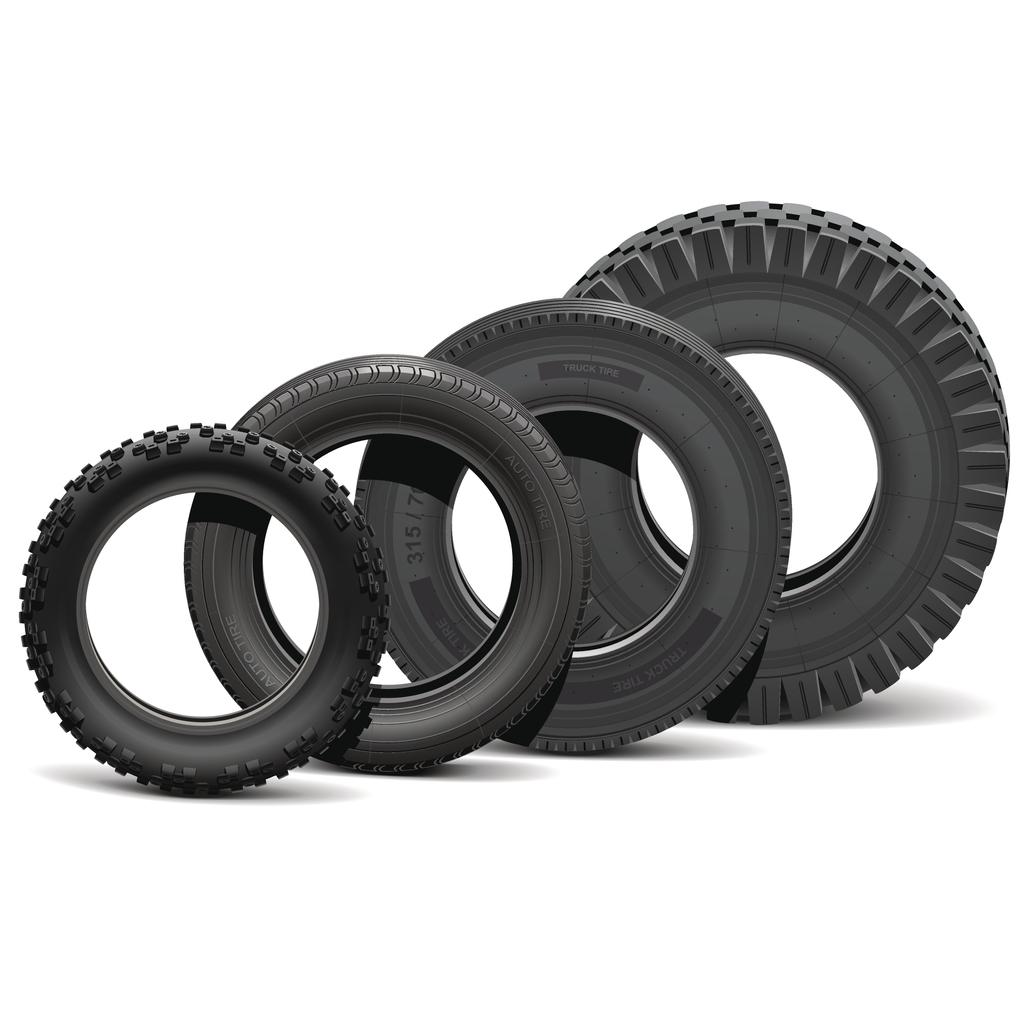The Importance of Tire Sizes on Your Car
When car dealerships promote vehicles, you may often see the size of the wheels as one of the key features that they list to separate trim levels. But the few inches that separate each size can play a major difference in your vehicle's fuel efficiency. That is why it is crucially important to understand the difference between tire sizes so that you can make a more informed decision next time you are looking for a new vehicle.
Tire Size Explained
The first thing to understand is that larger tires are less fuel efficient than their smaller counterparts in situations where there is a lot of stopping and starting. This is because the larger tires are heavier and burn more fuel when your engine is trying to rotate them. The increased weight also translates to higher rolling resistance, so moving from a stopped position is much more difficult for a larger tire.
On the highway, the larger tire thrives, increasing the fuel efficiency of your vehicle while at higher speeds. While you are cruising along the interstate, smaller tires have to rotate more to cover the same distance as a large tire.
Larger tires also benefit from a higher load capacity, able to handle much more weight than a smaller tire and rim. This is why a pickup truck or SUV will often have a larger tire than a passenger vehicle like a sedan. Tire type and the amount of weight that the tire can support often depend on the type of vehicle that you have.
Which is Right for You?
If you are looking into purchasing a new vehicle, then the first thing you should consider is what conditions you will most commonly see. If you are driving in the city or around town most often, then a smaller vehicle with smaller tires would likely be best. If traversing the many interstate highways of the United States is more common for you, then a larger tire may be a better fit.
No matter what your needs may be, you can always seek out the professional advice of Hawk Chevrolet in Joliet. Our team of experts can show you the dozens of vehicle options available at our dealership, and they would be happy to discuss the perfect tires for your vehicle.
Tire Size Explained
The first thing to understand is that larger tires are less fuel efficient than their smaller counterparts in situations where there is a lot of stopping and starting. This is because the larger tires are heavier and burn more fuel when your engine is trying to rotate them. The increased weight also translates to higher rolling resistance, so moving from a stopped position is much more difficult for a larger tire.
On the highway, the larger tire thrives, increasing the fuel efficiency of your vehicle while at higher speeds. While you are cruising along the interstate, smaller tires have to rotate more to cover the same distance as a large tire.
Larger tires also benefit from a higher load capacity, able to handle much more weight than a smaller tire and rim. This is why a pickup truck or SUV will often have a larger tire than a passenger vehicle like a sedan. Tire type and the amount of weight that the tire can support often depend on the type of vehicle that you have.
Which is Right for You?
If you are looking into purchasing a new vehicle, then the first thing you should consider is what conditions you will most commonly see. If you are driving in the city or around town most often, then a smaller vehicle with smaller tires would likely be best. If traversing the many interstate highways of the United States is more common for you, then a larger tire may be a better fit.
No matter what your needs may be, you can always seek out the professional advice of Hawk Chevrolet in Joliet. Our team of experts can show you the dozens of vehicle options available at our dealership, and they would be happy to discuss the perfect tires for your vehicle.



